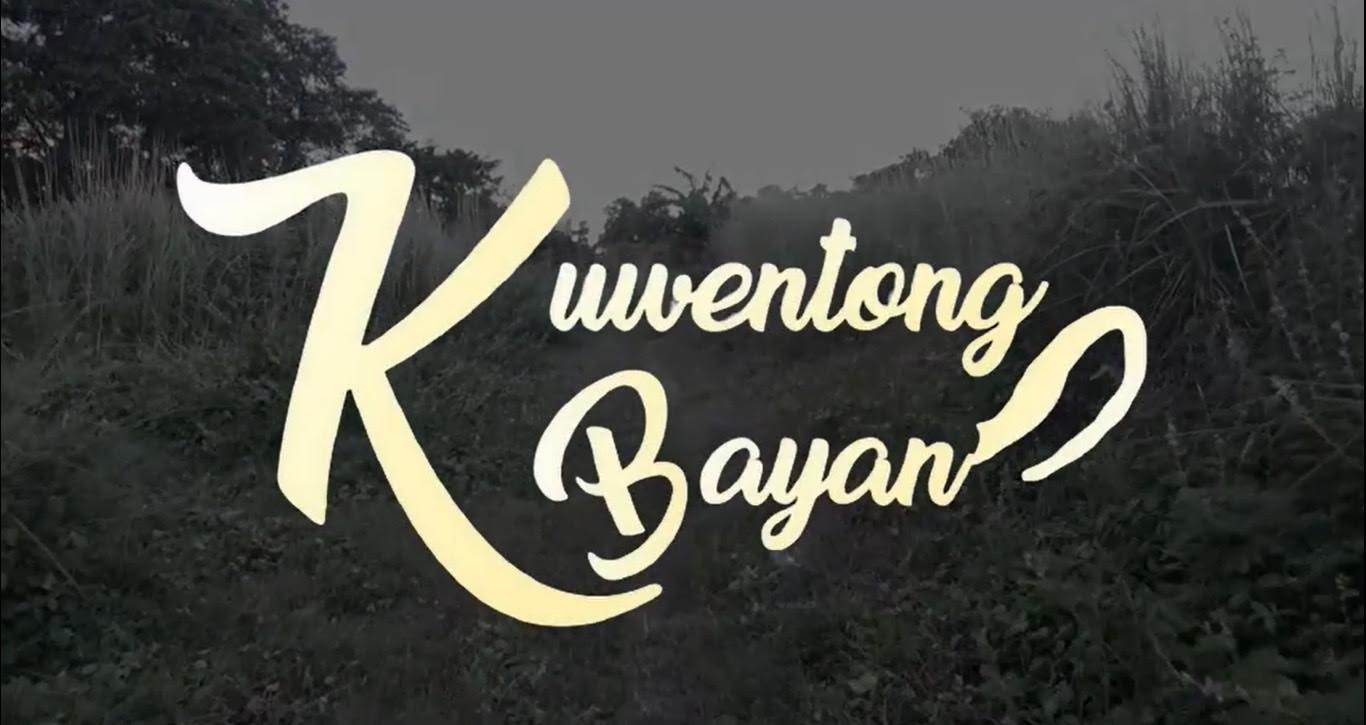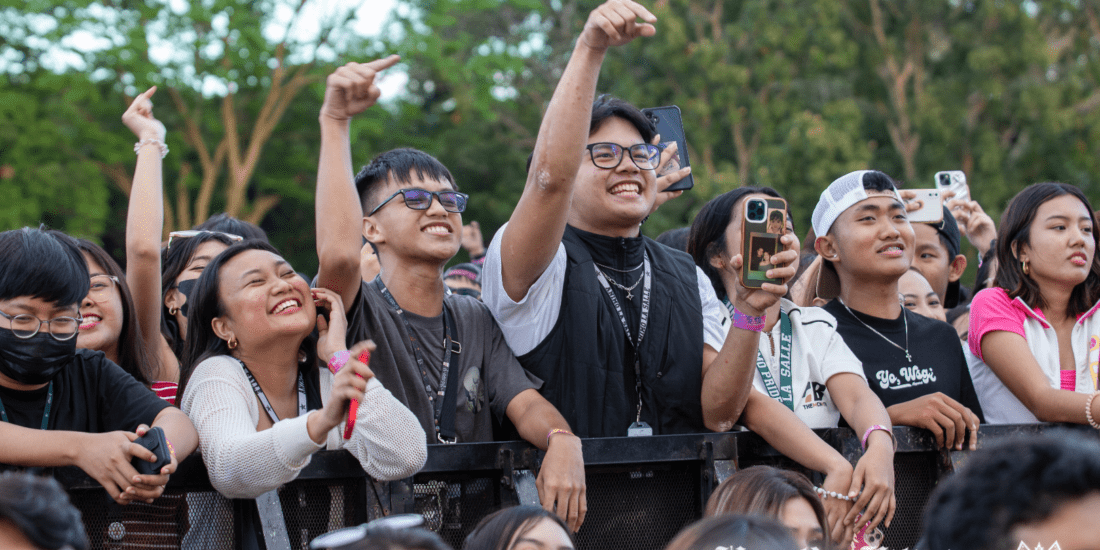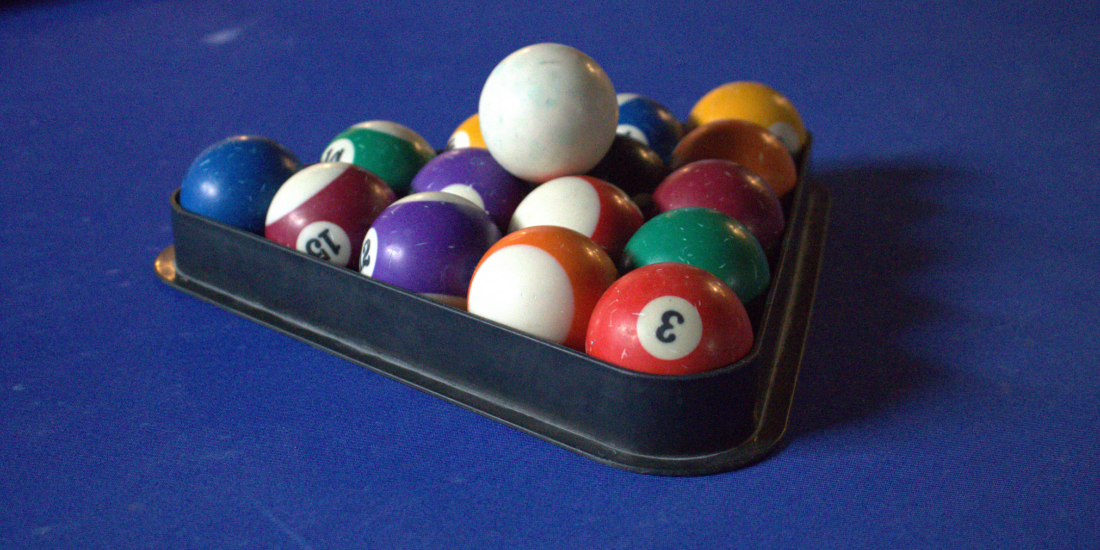LES Kuwentong Bayan highlights narratives that celebrate inclusivity
Forwarding calls for more inclusive and diverse spaces, the Lasallian Educators’ Society’s (LES) Kuwentong Bayan: Pagladlad sa mga Naratibo ng Kasarian, Diskriminasyon, at Eksepsiyonalidad webinar narrated stories and perspectives that tackle a wide range of topics on gender, discrimination, and inclusivity in education from December 9 to 11 via Zoom and Facebook Live.
Divided into three chapters, the webinar featured personal stories of teachers, students, and parents, discussions on the state of inclusivity in Special Needs Education in the country, and the call for gender inclusive classrooms in Philippine schools.
The call for inclusivity in education
While education is a right that everyone should supposedly enjoy, the reality for students with disabilities says otherwise. Chery Tablizo, an educator from the City Division of Dasmarinas Association of Special Education (SPED) Teachers, emphasized this in her discussion about Special Needs Education in the country, discussing how children with disabilities and special needs feel deprived of their right to education.
Shedding light on the discrimination faced by many students enrolled in SPED programs, Tablizo shared how this negatively affects a child’s pursuit of education, as many lose their drive to study due to derogatory and hurtful remarks.
As children with disabilities meet difficulties in learning, the Autism Society Antipolo President Bernadette Tabares also recalled her personal challenges in understanding how to raise her three children with special needs such as the inadequate support from their environment.
“We hope that parents with typically developing children can also teach their children compassion to children with special needs because at the end of the day, our children will cross paths with theirs and we hope that harmony, empathy and compassion will be amongst each other” Tabares said.
As today’s education system exposes a grim space for inclusivity, Bachelor of Special Needs Education student Jane Caballa, meanwhile, remained hopeful for a future where equal and just opportunities exist for all students.
“Balang araw maraming tao ang magiging bukas ang isip at puso sa pagtanggap ng taong may kapansanan na higit at nag-uumapaw. Balang araw mas magiging inklusibo ang ating lipunan, mas maraming oportunidad ang maibibigay para sa kanila,” Caballa stated.
Challenges of gender inclusivity in the classroom
On the other hand, discrimination in schools do not only happen for students with special needs and disabilities: even abled individuals suffer and endure the same struggle – just because their genders do not fit the heteronormative standards of the society.
With this, Kuwentong Bayan Project head Kenneth Garces discussed how Sexual Orientation, Gender Identity, and Expression (SOGIE) is met with aggression stemming from lack of awareness.
“Misinformation, disinformation, and yung kawalan ng awareness tungkol dito (SOGIE), that is where all the aggression and negativity are coming from,” he explained. Garces then added that in order to combat these gender aggressions, we must hold the responsibility to dispel misinformation and disinformation on SOGIE by educating one another.
Meanwhile, public school teacher Julia Andoque also shared her personal experiences and struggles as a transgender woman and an educator when it comes to misconceptions on gender diversity. In her discussion revolving around trans visibility and integrating gender inclusivity inside the classroom, she emphasized that inclusivity begins when we start to be open to others regardless of who they are.
“Once they include them, once they let them in, in a particular circle or group, that’s where inclusivity starts. And not just accepting them, but also recognizing them, their strengths, their weaknesses, and their capacity to do so,” Andoque noted.
Understanding as the foundation of inclusivity
That said, upstanding calls to mold more inclusive spaces in education still comes with a responsibility to be more understanding of other people’s narratives within ourselves. “You cannot embrace things you don’t love, and you’ll never love things you don’t understand,” said writer and featured KUMU streamer Ramiro Morga, as he tackles what it means to be inclusive.
Looking back to previous generations from today’s perspective, the speaker also underscored how today’s youth knows a thing or two about embracing diversity. “I am really in awe to the people na nasa edad niyo, normal sa inyo ngayon, the inclusivity and unconditional love […] sobrang normal na sa inyo yung mga bagay na napakahirap matagpuan sa mga dating henerasyon,” he shared.
Highlighting that the hope for a better future lies at the hands of the youth, Morga remained hopeful for a more inclusive world and said “one day, we are all going to be very inclusive, na hindi na magpoprosper ang judgment.”
***
Amid the diverse stories coming from people with their own life experiences lies the same vision of a future that celebrates inclusivity in the face of diversity: a world that embraces each one’s unique narratives in life.
As University of the Philippines Los Baños Mayari Chu Perez stated, “Balang araw ay sana ay mabuhay tayong totoo sa ating sarili, na malaya sa mga diskriminasyon at panghuhusga, kung ano man ang iyong kasarian at eksepsyonalidad.”
Slider taken from Lasallian Educators Society (LES) Official Facebook Page.





